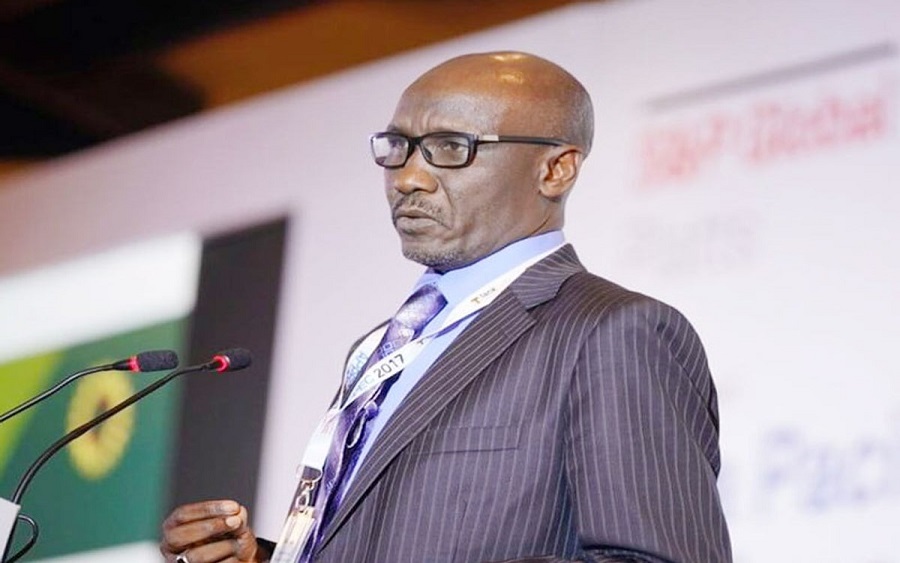Yesterday, media reports stated Nigeria had cut its official selling price of crude oil to record lows as the country looks to clear a glut of unsold April-loading cargoes before announcing its May program. According to Reuters, the Nigerian National Petroleum Corporation (NNPC) cut its April official selling prices for Bonny Light and Qua Iboe by US$5/bbl.
We believe this is a response to the steep decline in oil prices due to lower oil demand induced by the coronavirus pandemic amidst price & market share war between Saudi Arabia and Russia. The price war positions Nigeria’ crude among the most expensive and consequently, European and Asian buyers ignored Nigeria’s crude. This made a price cut inevitable for NNPC.
READ MORE: The good, bad and ugly of low oil prices for Nigeria
The news agency further reported Nigeria’s available to load cargoes for the month of May will see increases across key grades. We note this may be in line with the Ministry of Petroleum announcement that it would ramp up production in the face of declining prices. The climb in production comes despite comments from the Group Managing Director of NNPC, Mele Kyari stating over 50 cargoes of crude are yet to be sold. The unsold cargoes are estimated to be c.70% of Nigeria’s total oil exports according to S&P Global Platts.
We note this move would raise more than anticipated revenue pressures for the federal government. At the recently concluded FAAC meeting, revenue shared declined N65.8 billion with revenue pressure points beginning to emerge. We expect this would be aggravated in coming months as the country grapples with the burden of unsold cargoes and declining prices.
[READ MORE: Tweak of exchange rates: A bold move from CBN?)
Furthermore, with the coronavirus outbreak in Nigeria growing worse on a daily basis, we expect economic activities to grind close to a halt in coming weeks which consequently impacts tax revenue collection. We note the FIRS recorded a tax collection shortfall of N282.1bn in January.
Furthermore, the slash in prices is taking its toll on capital and operational spending by IOCs within the country. Seplat Petroleum Development Company Plc (SPDC), announced it has plans to cut costs by at least 30% as a response to the crash in crude prices.
In addition, Shell announced plans to cut capital spending while reducing operating costs and working capital materially. The planned decline in capex spending comes on the back of the pre-oil price crash plans by several IOCs to reduce investment spending in Nigeria as necessary reforms are yet to be carried out by the government.
We believe the struggle to attract buyers for Nigerian crude amidst low prices will push the Nigerian government to implement a clear diversification plan to rescue both the short term and long term fiscal position of the country. Several diversification plans have been drawn in the past with the aim of boosting agriculture, mining and tax collection. However, each cyclical downturn in oil prices has met the country unprepared as poor implementation has hindered success of previous diversification plans.
_______________________________________________________________________
CSL STOCKBROKERS LIMITED CSL Stockbrokers,
Member of the Nigerian Stock Exchange,
First City Plaza, 44 Marina,
PO Box 9117,
Lagos State,
NIGERIA.
